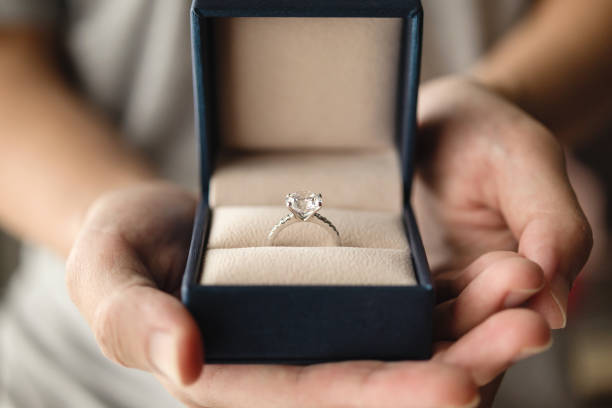
The Universal Service Fund provides funding for Lifeline phone service. It’s offered to people with limited access to telephone service. Cellular service providers provide this free service, but there are some restrictions. Here are a few facts you should know. Lifeline phone service may be a good option if you’re a senior citizen or a person with disabilities. However, it is not universal.
It’s Available In All Fifty States.
Lifeline phone service is free or cheap cell phone service offered by lifeline service providers approved by the Federal Communications Commission.
Lifeline phone service Oklahoma like the other Lifeline program is available to low-income households nationwide, but eligibility requirements vary. In 1984, the program was limited to some households, but it’s now available to all fifty states, US territories, and commonwealths.
Lifeline Phone Service Is Free.
Free Lifeline phone service is available to low-income households. This program offers a low-cost cell phone plan with unlimited talk and text. Lifeline customers also receive a free smartphone with 3 GB of data. The plan is valid for a full year and offers many benefits, including unlimited texts and international calling. In addition, users will receive free minutes and data for calling friends and family. There are also several other plans available.
It’s Restricted
Since the beginning of the pandemic, those relying on Lifeline phone service have had to make some unfair tradeoffs. For example, they have had to limit the number of minutes they can use, saving precious minutes for emergencies.
Initially, the Lifeline program was designed to help poor people, such as the elderly, with limited incomes get free or low-cost phone service. However, these changes were never fully implemented. After President Donald Trump appointed Ajit Pai as FCC chairman, Pai began to roll back Wheeler’s reforms and sought to add even more restrictions to Lifeline. Several of his proposals would have “eliminated” most of the top providers of Lifeline, restricted participation for several years, and forced low-income Americans to pay co-pays.
The Universal Service Fund Funds It.
The Universal Service Fund is a federal program that helps low-income people access telephone services in rural areas. This fund supports the provision of Lifeline phone service and other programs. It also funds telephone services for rural libraries and healthcare services. However, the fund has been criticized recently, as it hasn’t funded payments to Internet service providers (ISPs).
The fund consists of four major programs which aim to close the digital divide. These programs include subsidies for low-income consumers, support for carriers in high-cost areas, and funds for rural healthcare providers and schools. In addition, the Lifeline phone service program is intended to provide broadband service to low-income households and is supported by the Universal Service Fund. The organization oversees these programs and ensures they are used to their fullest benefit.
It’s Available On Tribal Lands.
The federal government’s Lifeline phone service program helps low-income consumers get telephone service on tribal lands. The program helps pay for installation costs and reduces monthly phone bills. Certain providers offer the service for free and waive the installation fee. However, there are many restrictions.
The Lifeline phone service program was established in 1984 to provide low-income people living on tribal lands with cheap phone service. It’s free and is available in rural areas and on reservations.










